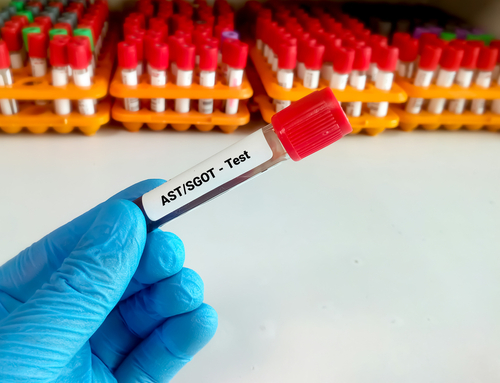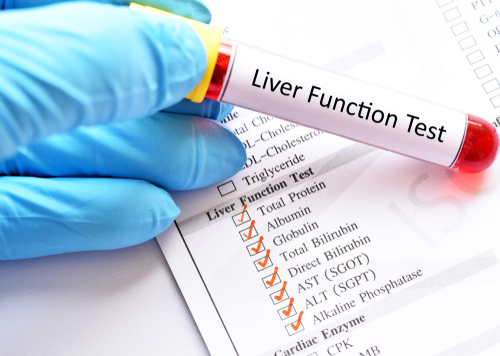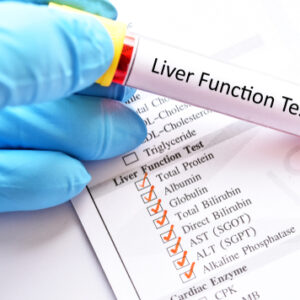
What can cause unintentional increase or decrease in body weight?
Unintentional weight loss is a noticeable drop in body weight that occurs even if the person is not trying to lose weight. It can be a symptom of a serious illness. Any unintentional weight loss of less than 5 percent of body weight (or 10 pounds) may be a sign of serious conditions, such as Thyroid problems, Cancer, Infectious diseases, Digestive diseases, Certain medicines, etc.
On other hand, unintentional weight gain is much more common, and happens when you increase the amount of food intake or decrease the amount of exercises. It may also be caused by excess fluid in the body, abnormal growths, constipation, pregnancy or hormonal causes, such as hypothyroidism(low thyroid hormone levels).
Unintentional weight gain can be periodic, continuous, or rapid. One example of unintentional weight gain is experienced during a woman’s menstrual cycle. Whereas, rapid unintentional weight gain may be due to medication side effects, especially if it is new medications.
What risks do I carry if I do not maintain a healthy weight?
Overweight is abnormal weight gain that can cause severe risks to health, such as High Blood Pressure, Type 2 diabetes, Stroke, Heart diseases, Sleep Apnoea (sleep disorder in which breathing stops and starts), Osteoarthritis, Atherosclerosis(formation of plaque in the blood vessels), Kidney failure, Liver failure, and Obesity.
Whereas, being underweight is having a body weight too low to be healthy. Severe forms of underweight could cause weakened immune systems, fragile bones and feeling tired. When you lose weight, it’s not just fat that you lose, but also the muscles. Weaker muscles mean inconvenience in performing day-to-day activities.
How can I keep a healthy weight?
As you grow older, if you continue eating the same types and amounts of food without being more active, you will probably gain weight. That’s because your metabolism (the rate our body obtains energy from our food intake) can slow with age. It’s important to choose nutrient-dense foods and be active at least 150 minutes per week.
As a rule of thumb:
- To keep your weight the same, you need to burn the same number of calories as you eat and drink.
- To lose weight, burn more calories than you eat and drink.
- To gain weight, burn fewer calories than you eat and drink.
Tips for maintaining a healthy weight
- Limit portion size of your meals to control calorie intake.
- Add healthy snacks during the day. Fight off hunger with more nutritious and filling foods. Keeping that feeling of fullness in the stomach can be achieved with foods high in fibre like fruits and vegetables, whole grains, and lean protein, which in turn help in maintaining a healthy weight.
- Be as physically active and hydrated as you can be.
- Don’t hesitate to talk to your doctor about your weight issues.
- Aim for 60 to 90 minutes of physical activity every day. It would be a great idea if you could do at least 150 minutes of moderate-intensity aerobic activity each week. You don’t have to do that all at once—break it up over the whole week, however you like
- Build more lean muscle. Muscle has a higher metabolism than fat does, which means there is lesser fat accumulation. So, maintain your metabolism by continuing to build lean muscles. Adding weight training exercises into your daily regime would help.







